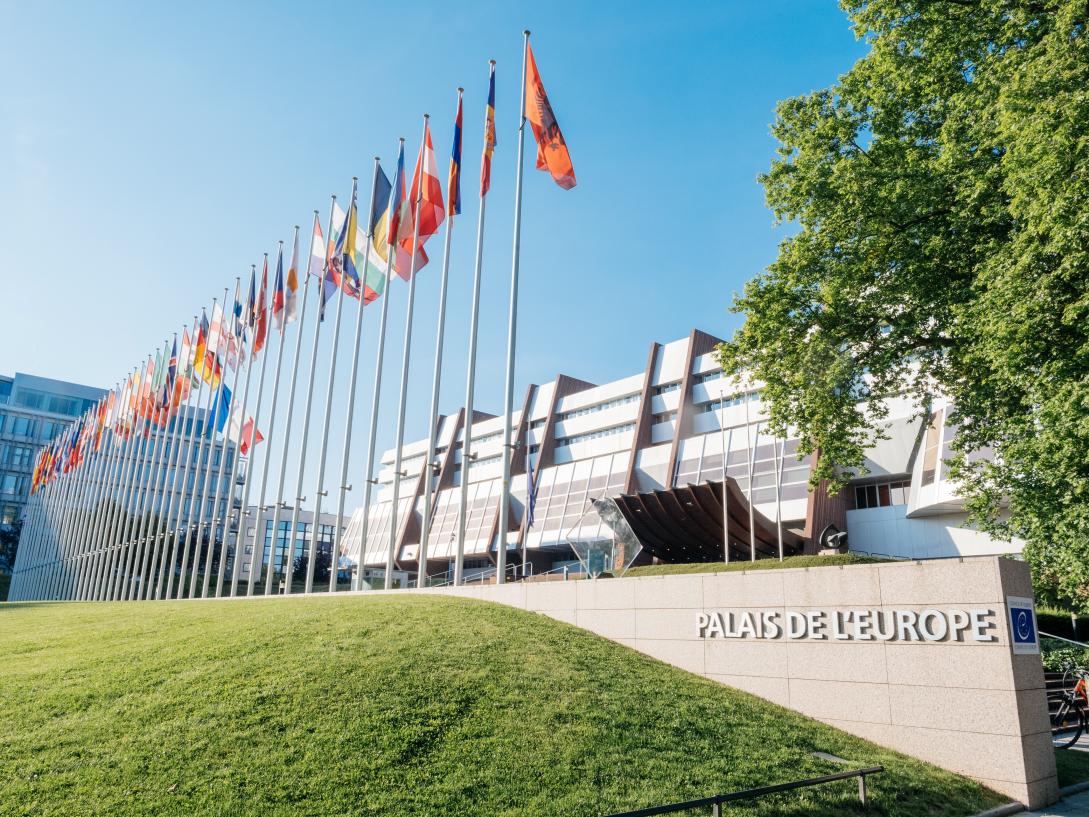New EU priorities for a reinforced strategic partnership with the Council of Europe (CoE) on human rights, democracy and the rule of law

Today, more than ever, it is paramount to maintain unity, to reaffirm the importance of our common values and principles, and to strengthen the role of the CoE as the reference organisation for promoting and upholding human rights, democracy and the rule of law in Europe. The EU supports the holding of a Fourth Summit of Heads of State and Government of the CoE, which will be instrumental in this regard.
As today, the CoE’s impact reaches well beyond Europe, the EU also strongly supports the accession of non-European States to the most relevant CoE conventions that are open for global signature.
In 2021, the scope and content of the EU-CoE joint programmes, within the EU and in its Enlargement and Neighbourhood regions, reached €207.4 million. This excellent cooperation continues under the current long-term EU budget.
The following specific priorities will guide our efforts in the three main areas of our structured cooperation with the CoE, namely Human Rights, Democracy and the Rule of Law:
Human Rights
Acceding to the European Convention on Human Rights will remain the EU core policy objective at the CoE. This historic achievement will help create a single space of human rights protection in Europe by placing the EU under the jurisdiction of the European Court of Human Rights.
Given the key role the CoE has played in the abolition of the death penalty across Europe, our cooperation also aims to support increased public debate, awareness raising and advocacy concerning this appalling practice and its impact on individuals, families and societies.
We will continue to work together to promote gender equality, prevent and combat violence against women and domestic violence. The CoE’s Istanbul Convention remains the international gold standard in this regard. The protection of children from sexual exploitation and abuse is no less important, as guaranteed by the CoE’s Lanzarote Convention.
Persons belonging to minorities and vulnerable groups are often among the most adversely impacted in situations of conflict and humanitarian emergencies. Russia’s war of aggression against Ukraine has again demonstrated that more needs to be done to offer them support and protection. The EU will continue to cooperate with the CoE in combating discrimination and promoting respect for diversity.
The protection of human rights defenders and independent civil society is also highly prominent among our objectives, including engagement with Belarusian and Russian democratic opposition and civil society. Our cooperation agenda for the next two years also recognises the emergence of new topics in relation with human rights, such as advanced digital technologies, artificial intelligence, climate change and environmental protection.
Democracy
The EU strives to protect and strengthen democracy globally by contributing to more resilient democratic systems. The role and expertise of the CoE in this area are fundamental. In 2023-2024, we will continue to cooperate to counter manipulative interference, including disinformation campaigns, support digital literacy, civic education as well as greater transparency and inclusiveness. We will also seek to strengthen cooperation on electoral reforms, including those based on recommendations of EU Electoral Observation Missions.
Education and youth also feature prominently among our cooperation topics for the next biennium. We will work together to ensure effective, equal and inclusive access to mainstream quality education for all. Regarding cultural rights, the EU and the CoE will promote access to cultural and artistic activities. We will organise together the next edition of the European Heritage Days to promote Europe's shared cultural and natural heritage.
Rule of Law
The CoE’s expertise in this area is crucial for the EU’s annual Enlargement package and the European Rule of Law Mechanism. Cooperation with the Venice Commission, the Group of States against Corruption (GRECO), the European Commission for the efficiency of justice (CEPEJ) or the Committee of Experts on the Evaluation of Anti-Money Laundering Measures and the Financing of Terrorism (MONEYVAL) remains a top priority.
One of our key cooperation achievements so far has been the fight against cybercrime, where we work closely with the CoE. We will continue to promote the Budapest Convention on Cybercrime and its additional protocols as a framework for international cooperation and capacity building.
Furthermore, it is our goal to step up joint efforts to improve the criminal justice response to the issue of radicalisation leading to terrorism and violent extremism.
Working together is more important than ever. In a world where unilateralist approaches challenge international cooperation and participative decision-making, the EU and the CoE stand united and determined to further build on each other’s strengths and competences to uphold and promote human rights, democracy and the rule of law in Europe and beyond.





